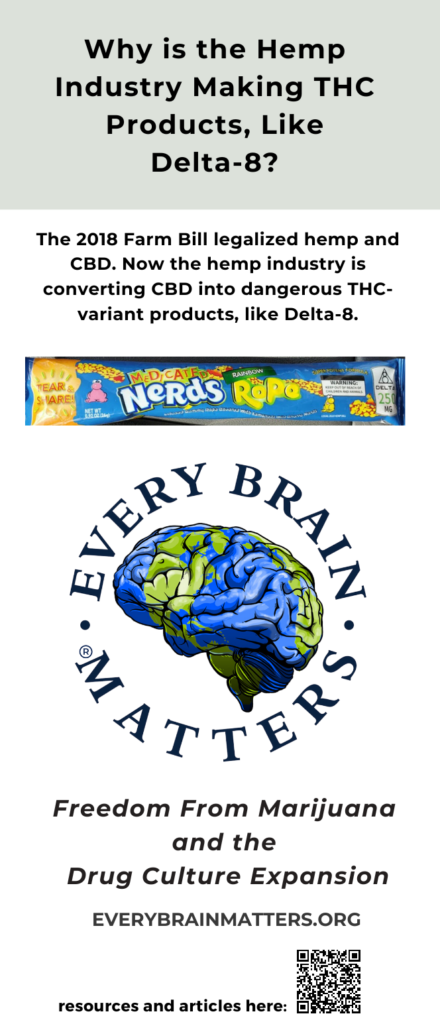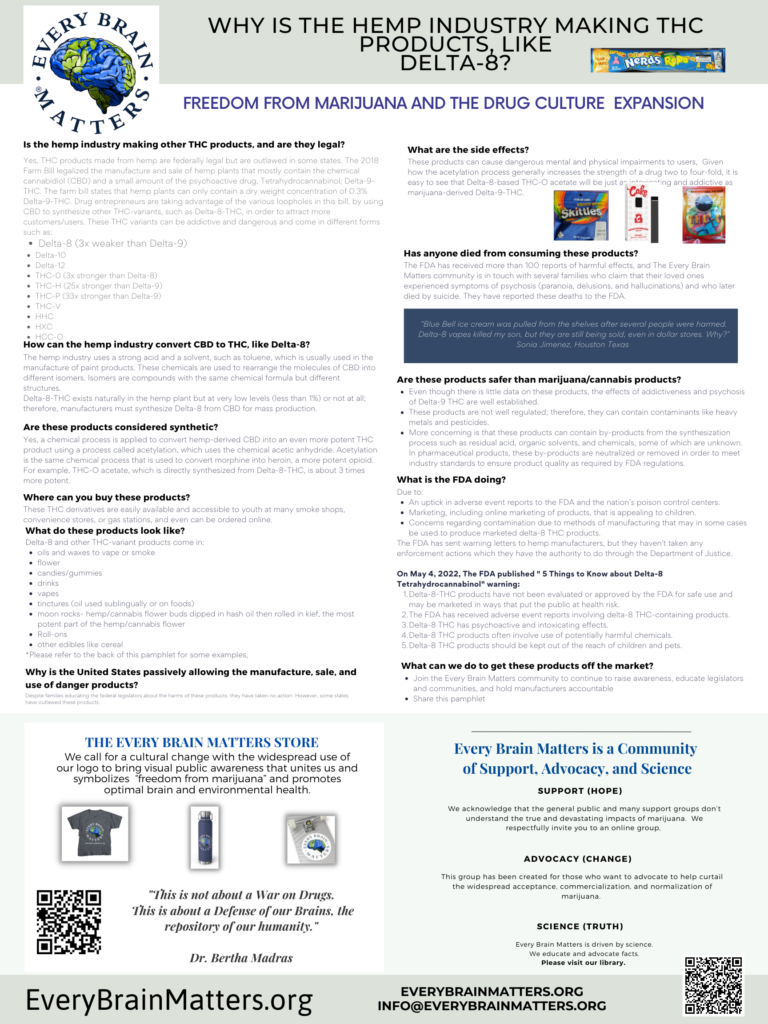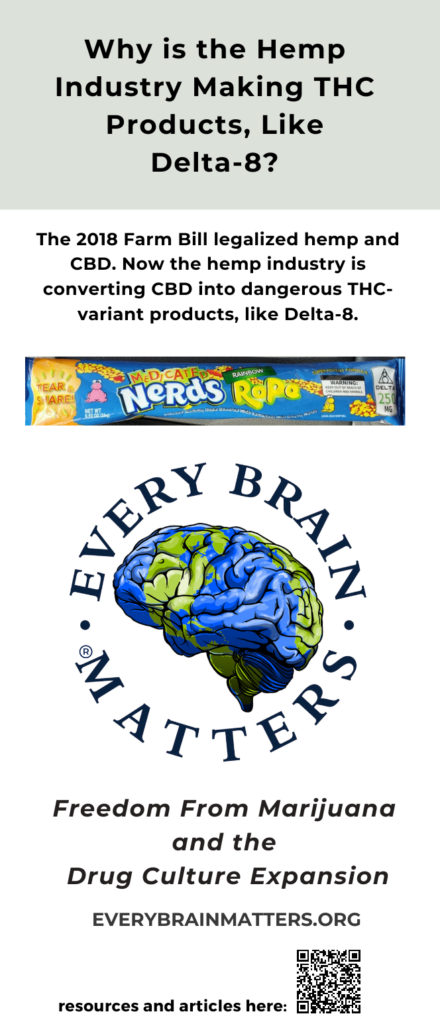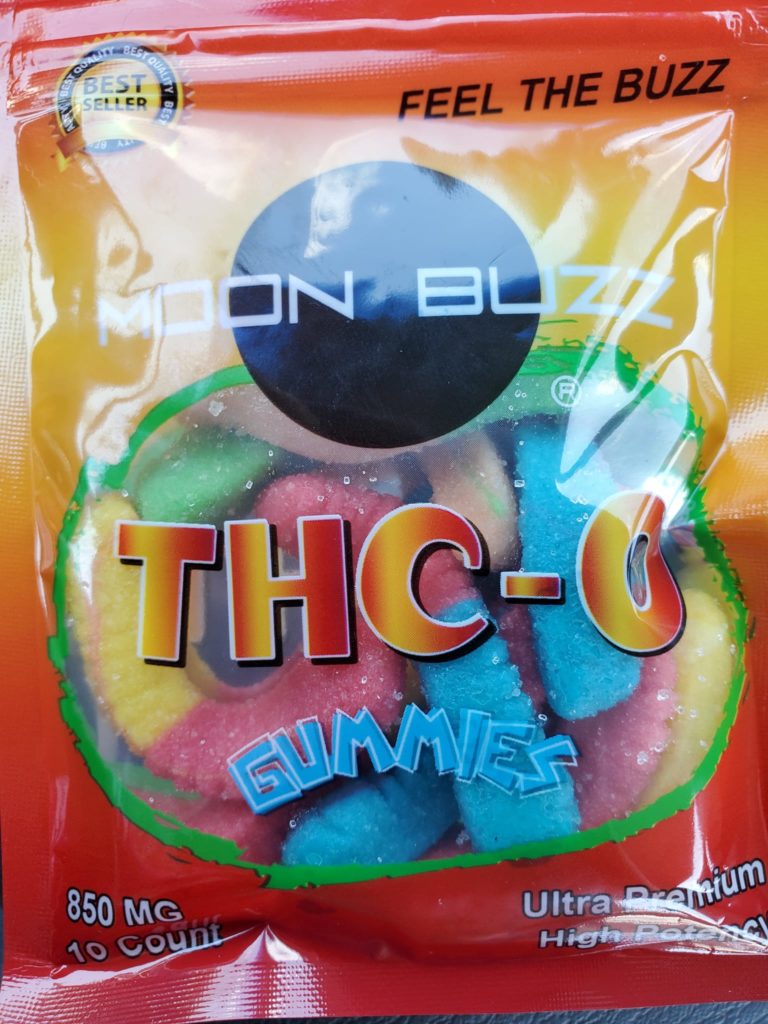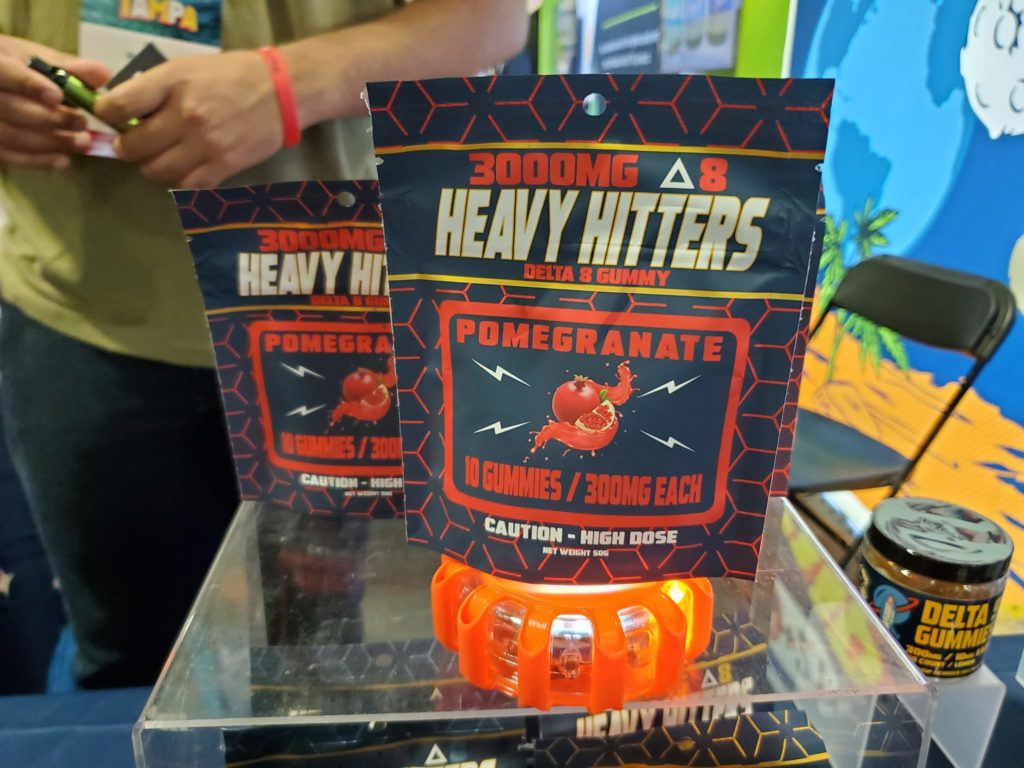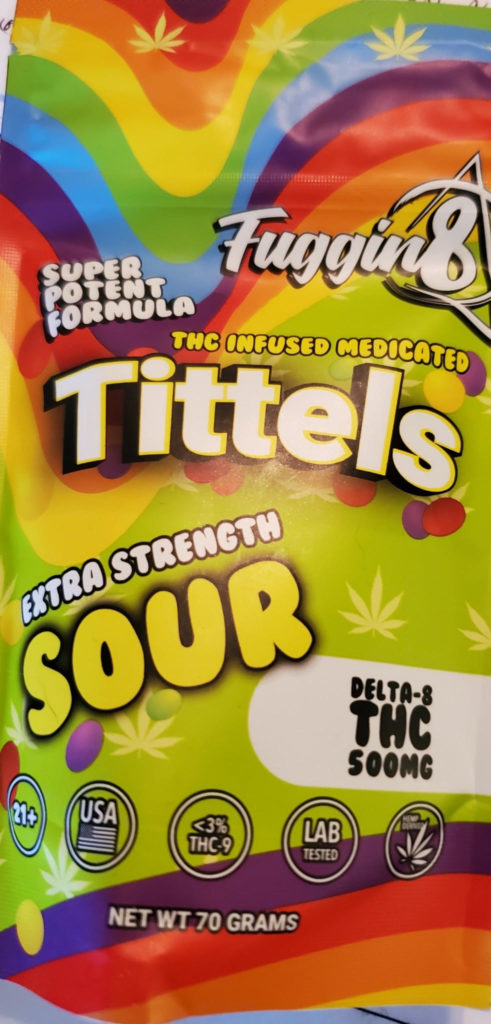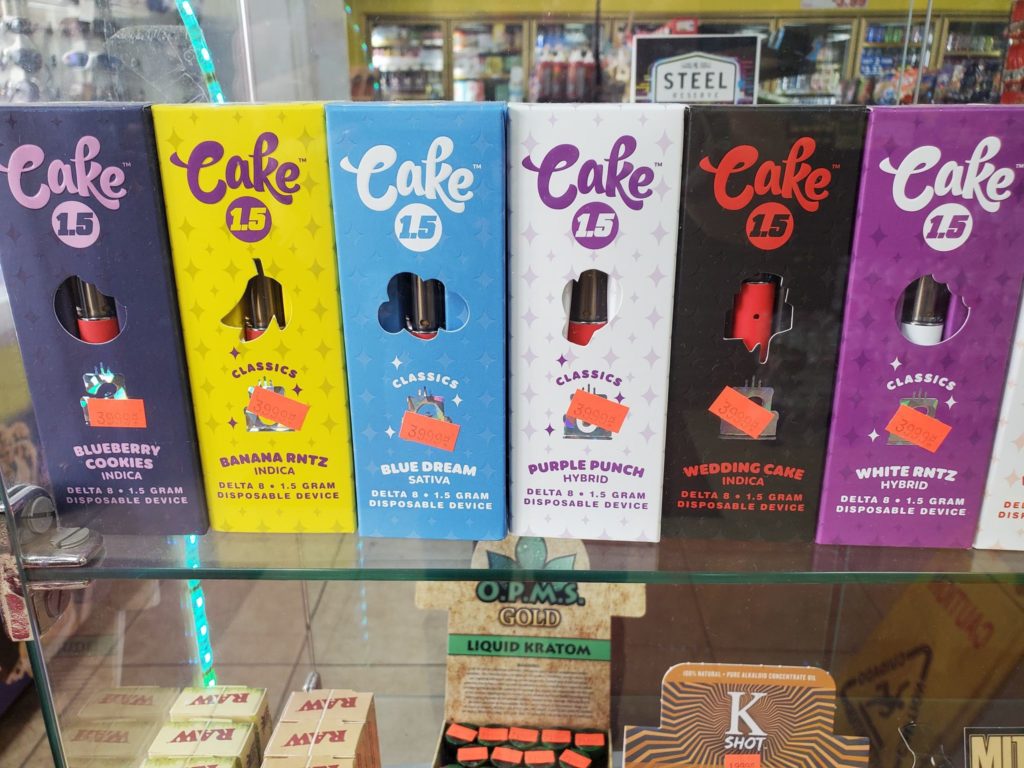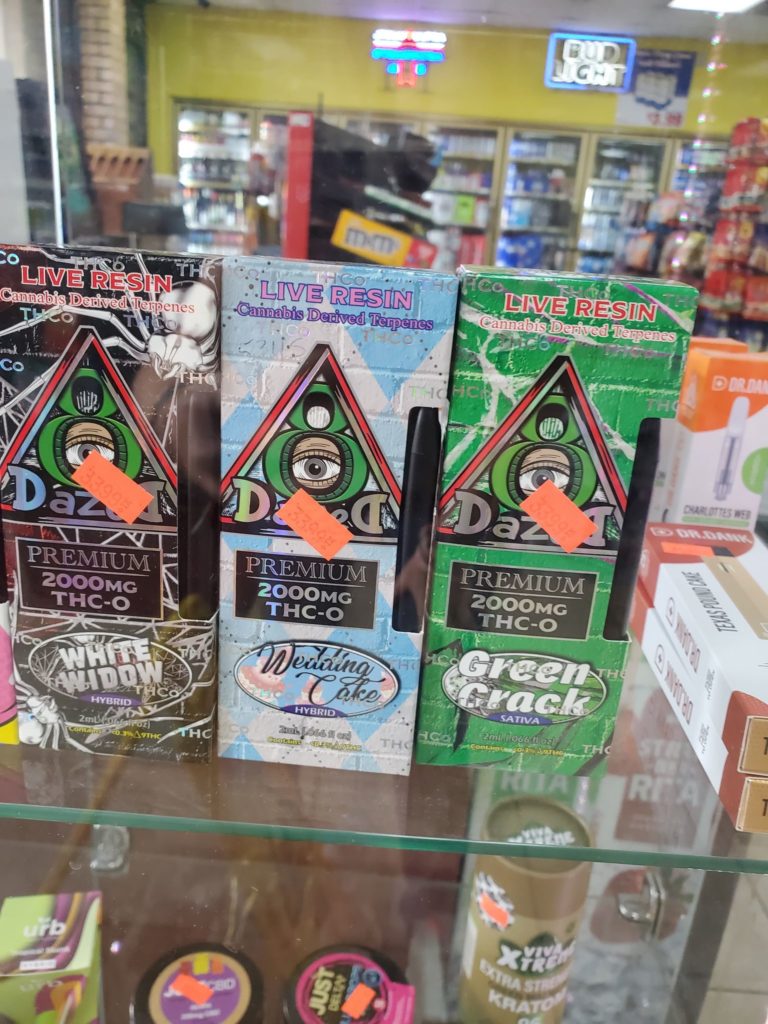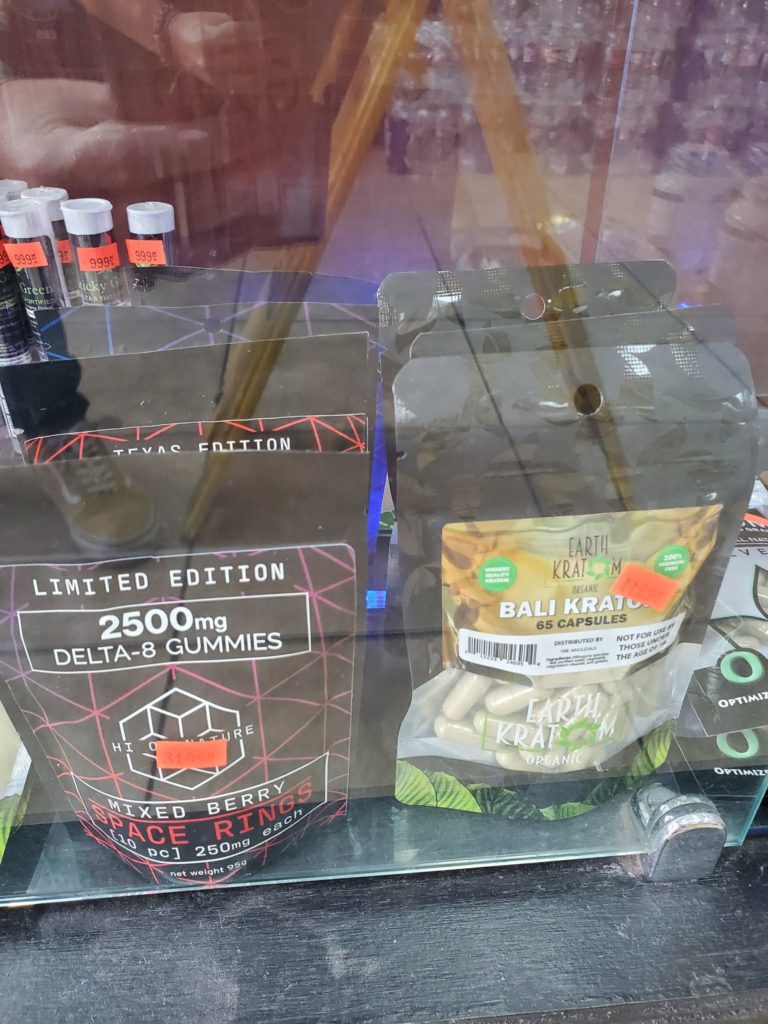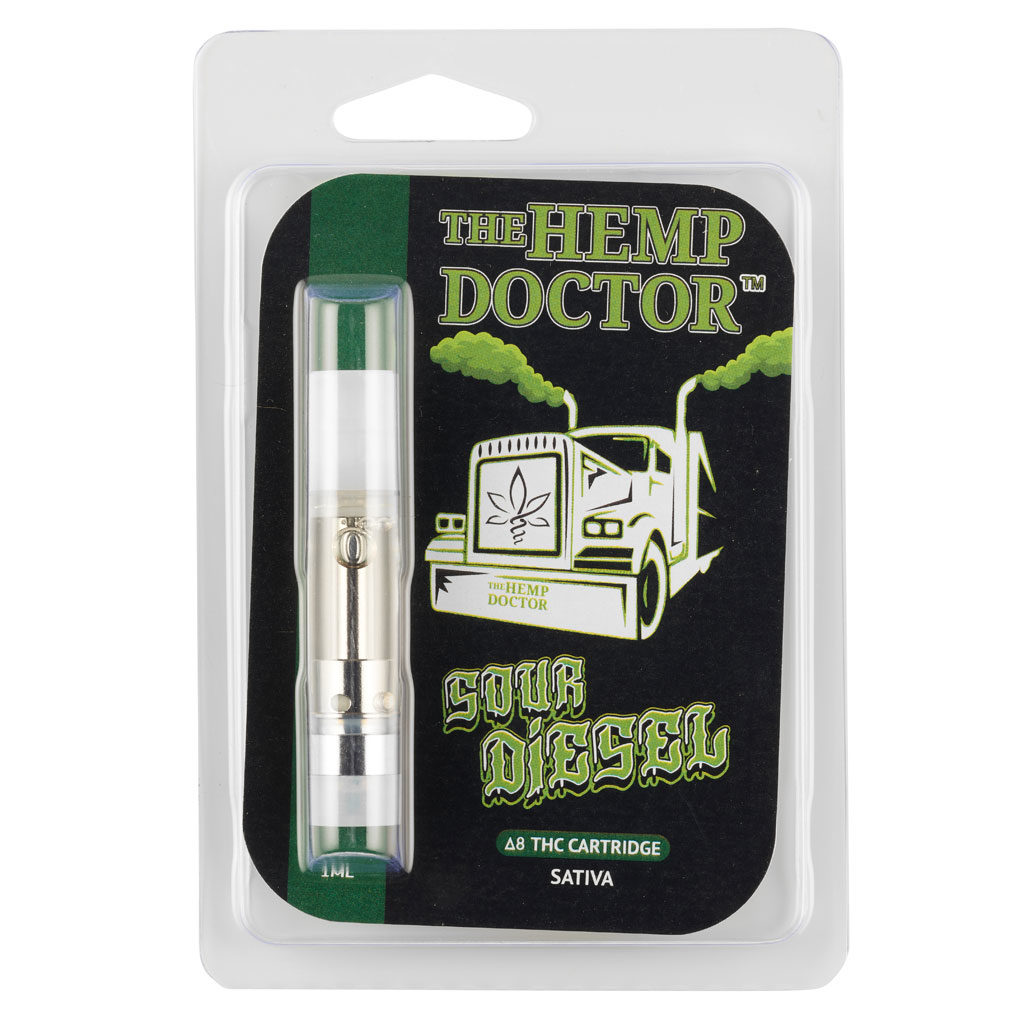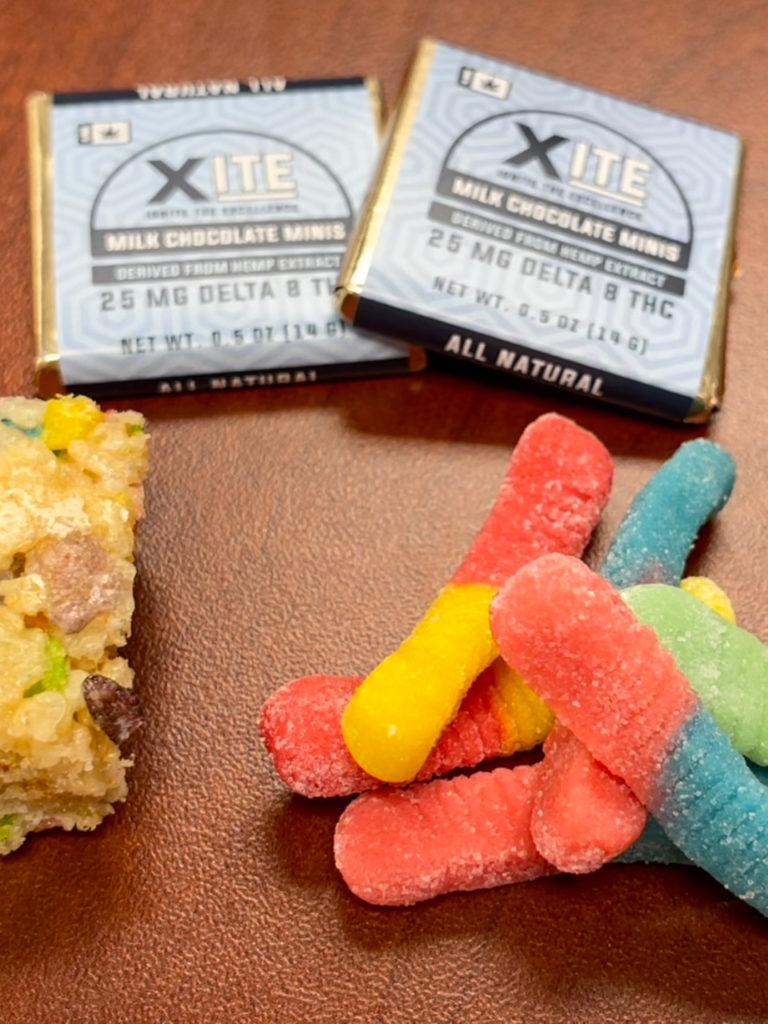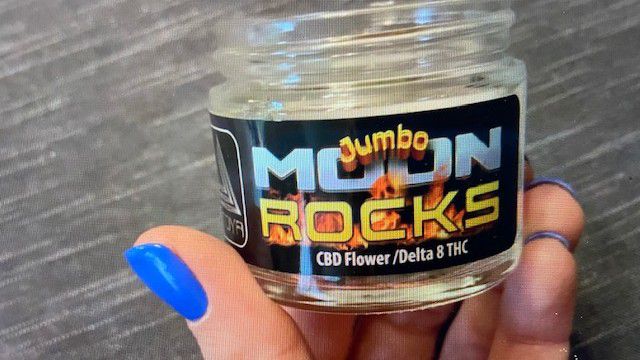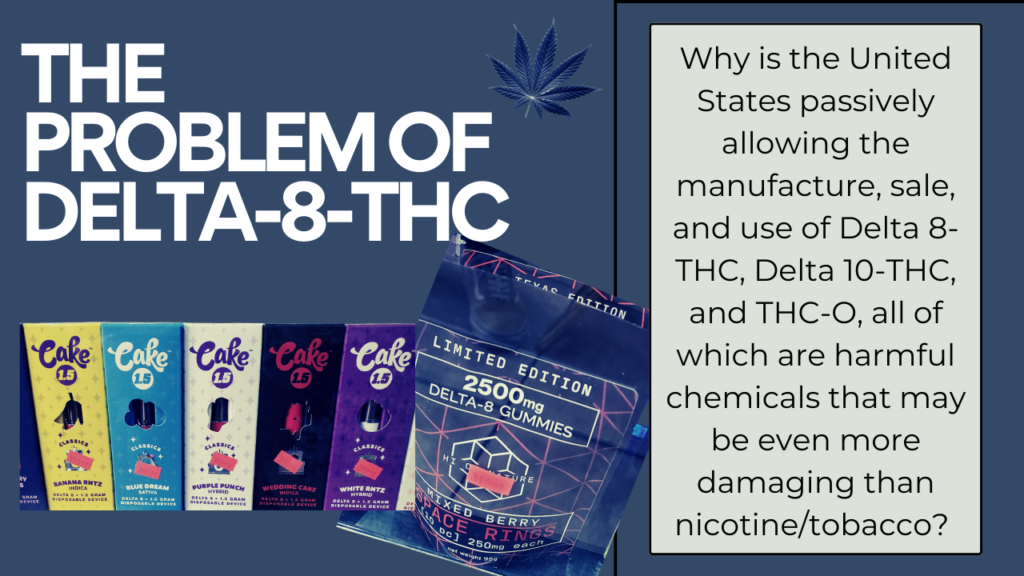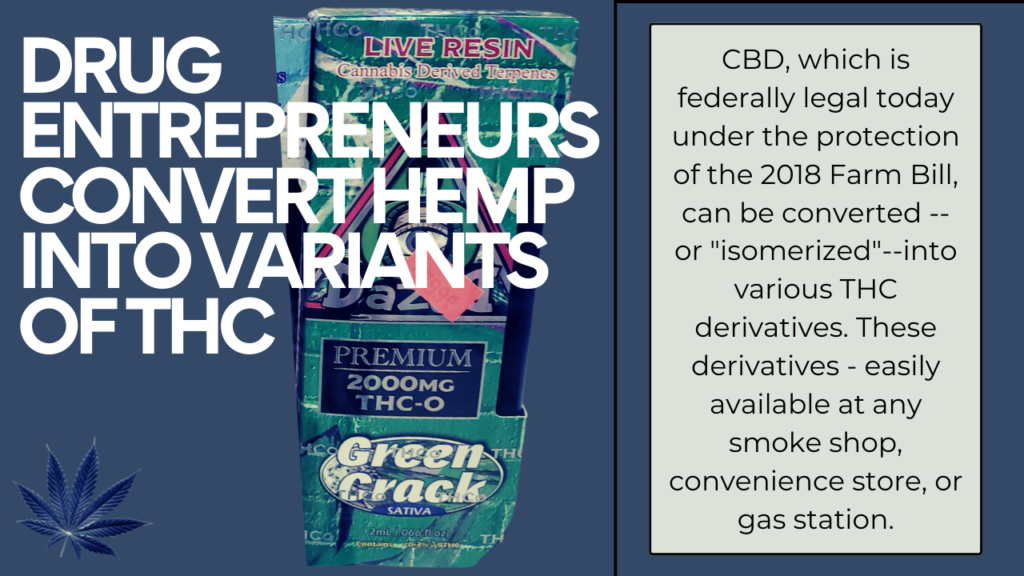The 2018 Farm Bill legalized hemp and CBD. Now the hemp industry is converting CBD into dangerous THC-variant products, like Delta-8.
Is the hemp industry making other THC products, and are they legal?
Yes, THC products made from hemp are federally legal but are outlawed in some states. The 2018 Farm Bill legalized the manufacture and sale of hemp plants that mostly contain the chemical cannabidiol (CBD) and a small amount of the psychoactive drug, Tetrahydrocannabinol, Delta-9-THC. The farm bill states that hemp plants can only contain a dry weight concentration of 0.3% Delta-9-THC. Drug entrepreneurs are taking advantage of the various loopholes in this bill, by using CBD to synthesize other THC-variants, such as Delta-8-THC, in order to attract more customers/users. These THC variants can be addictive and dangerous and come in different forms such as:
- Delta-8 (3x weaker than Delta-9)
- Delta-10
- Delta-12 THC-0 (3x stronger than Delta-8)
- THC-H (25x stronger than Delta-9)
- THC-P (33x stronger than Delta-9)
- THC-V
- HHC
- HXC
- HCC-O
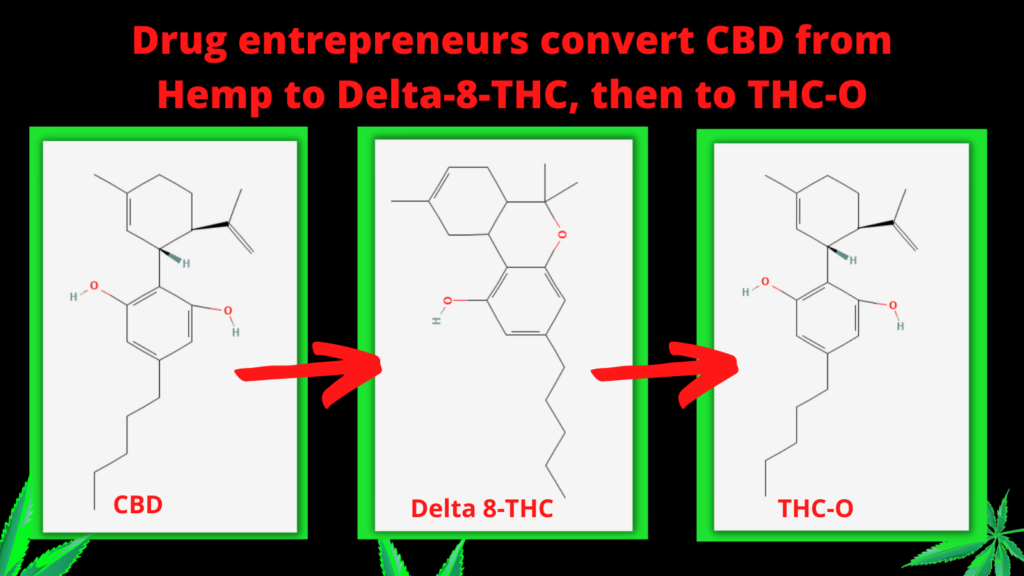
How can the hemp industry convert CBD to THC, like Delta-8?
The hemp industry uses a strong acid and a solvent, such as toluene, which is usually used in the manufacture of paint products. These chemicals are used to rearrange the molecules of CBD into different isomers. Isomers are compounds with the same chemical formula but different structures. Delta-8-THC exists naturally in the hemp plant but at very low levels (less than 1%) or not at all; therefore, manufacturers must synthesize Delta-8 from CBD for mass production.
Are these products considered synthetic?
Yes, a chemical process is applied to convert hemp-derived CBD into an even more potent THC product using a process called acetylation, which uses the chemical acetic anhydride. Acetylation is the same chemical process that is used to convert morphine into heroin, a more potent opioid. For example, THC-O acetate, which is directly synthesized from Delta-8-THC, is about 3 times more potent.
Where can you buy these products?
These THC derivatives are readily available and accessible to youth at many smoke shops, convenience stores, or gas stations and even can be ordered online.
What do these products look like?
Delta-8 and other THC-variant products come in: oils and waxes to vape or smoke flower candies/gummies, drinks vapes, tinctures (oil used sublingually or on foods), moon rocks- hemp/cannabis flower buds dipped in hash oil then rolled in kief, the most potent part of the hemp/cannabis flower Roll-ons other edibles like cereal.
These are examples of Hemp-THC products that can be bought in some convenience stores, gas stations, smoke shops, and online that are designed to attract America’s youth.
What are the side effects?
These products can cause dangerous mental and physical impairments to users. Given how the acetylation process generally increases the strength of a drug two to four-fold, it is easy to see that Delta-8-based THC-O acetate will be just as intoxicating and addictive as marijuana-derived Delta-9-THC.
Has anyone died from consuming these products?
The FDA has received more than 100 reports of harmful effects, and The Every Brain Matters community is in touch with several families who claim that their loved ones experienced symptoms of psychosis (paranoia, delusions, and hallucinations) and who later died by suicide. They have reported these deaths to the FDA.
Why is the United States passively allowing the manufacture, sale, and use of dangerous products?
Despite families educating the federal legislators about the harms of these products, they have taken no action. However, some states have outlawed these products.
“Blue Bell ice cream was pulled from the shelves after several people were harmed. Delta-8 vapes killed my son, but they are still being sold, even in dollar stores. Why?” Sonia Jimenez, Houston Texas
Are these products safer than marijuana/cannabis products?
Even though there is little data on these products, the effects of addictiveness and psychosis of Delta-9 THC are well established. These products are not well regulated; therefore, they can contain contaminants like heavy metals and pesticides. More concerning is that these products can contain by-products from the synthesization process such as residual acid, organic solvents, and chemicals, some of which are unknown. In pharmaceutical products, these by-products are neutralized or removed in order to meet industry standards to ensure product quality as required by FDA regulations.
What is the FDA doing?
Due to:
-An uptick in adverse event reports to the FDA and the nation’s poison control centers.
-Marketing, including online marketing of products, that is appealing to children.
-Concerns regarding contamination due to methods of manufacturing that may in some cases be used to produce marketed delta-8 THC products.
The FDA has sent warning letters to hemp manufacturers, but they haven’t taken any enforcement actions which they have the authority to do through the Department of Justice.
On May 4, 2022, The FDA published ” 5 Things to Know about Delta-8 Tetrahydrocannabinol” warning:
1. Delta-8-THC products have not been evaluated or approved by the FDA for safe use and may be marketed in ways that put the public at health risk.
2. The FDA has received adverse event reports involving delta-8 THC-containing products.
3. Delta-8 THC has psychoactive and intoxicating effects.
4. Delta-8 THC products often involve use of potentially harmful chemicals.
5. Delta-8 THC products should be kept out of the reach of children and pets.
What can we do to get these products off the market?
–Join the Every Brain Matters community to continue to raise awareness
-Educate legislators and communities
-Hold manufacturers accountable
-Share this pamphlet:
